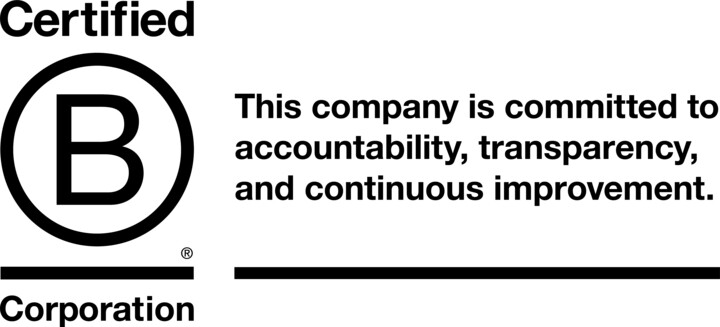 Last week I joined Virginia Mason Health Systems, PCC Community Markets, REI, Vigor Shipbuilding, Puget Sound Energy, Puget Sound Solar and more at a business council meeting in support of 1631. It was inspiring to join in a spirited and hopeful dialogue about why, and how, businesses support this initiative. Interestingly, almost everyone spoke about how their organizations had never endorsed initiatives or candidates. Around the room folks agreed that this initiative was different, that this issue is urgent and that makes 1631 important enough to publicly stand up for.
Last week I joined Virginia Mason Health Systems, PCC Community Markets, REI, Vigor Shipbuilding, Puget Sound Energy, Puget Sound Solar and more at a business council meeting in support of 1631. It was inspiring to join in a spirited and hopeful dialogue about why, and how, businesses support this initiative. Interestingly, almost everyone spoke about how their organizations had never endorsed initiatives or candidates. Around the room folks agreed that this initiative was different, that this issue is urgent and that makes 1631 important enough to publicly stand up for.
Who is endorsing 1631 & why?
The reasons environmental groups, faith organizations, labor unions, businesses, the healthcare sector and residents of affected communities are endorsing this initiative vary as much as the sectors that they represent. The list of arguments for 1631 was long; here a few common themes:
- New, living-wage jobs
- Washington state becomes a hub for innovative work on clean energy and reducing the impact of climate change
- Putting a price on pollution will drive widespread adoption of renewable energy sources
- Healthy forests, clean air and clean water are important – emotionally and economically!
- Improve public health throughout our state
- Help vulnerable communities prepare for the impacts of climate change
- We have a responsibility to future generations to take bold action while we can
Lastly, more than one business said, “If not us than who? If the government won’t take action to reduce our reliance on fossil fuels and reduce emissions then who will?” Many industries and businesses are uniquely positioned to act, and to do it now.
Take our industry, for example. According to the U.S Green Building Council, the commercial and residential building sectors account for 39% of CO2 emissions in the United States. Additionally, buildings use a tremendous amount of energy, accounting for more than 70% of electricity use in the U.S. The green building industry is positioned to address the impacts of climate change immediately because the technology to make substantial reductions in energy and CO2 emissions already exists. Broad demand for these technologies, however, doesn’t. If 1631 passes, these technologies are very likely to be installed in a wider range of buildings.
Our hope is that by speaking up loudly about our support of 1631 and by doing the work every day of building better buildings we are playing our part in creating a lasting, positive impact on the environment and economy of our region, because unlike the current administration, we don’t think the fate of our planet is sealed.
Read our statement about why we are endorsing 1631 here.



 by Intellitonic
by Intellitonic